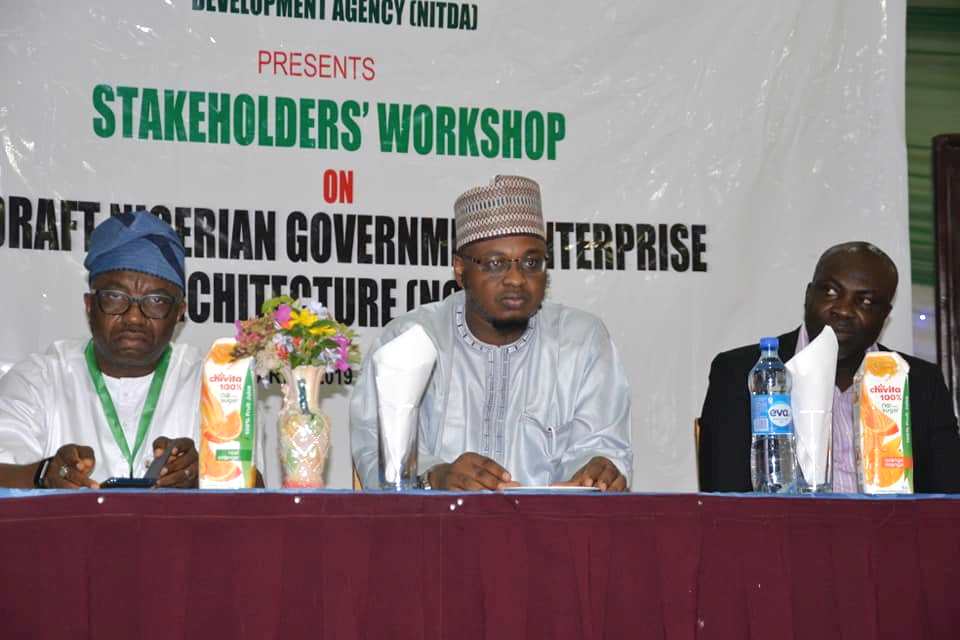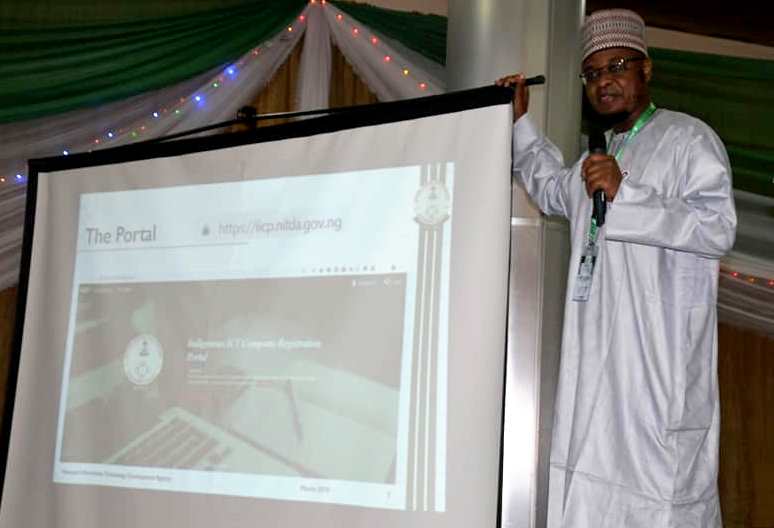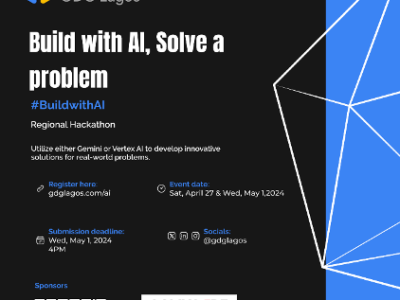The IT outlook for most federal ministries, departments and agencies (MDAs) is extremely poor as only 4.7 per cent of federal institutions use IT “in somewhat effective manner,” says the National Information Technology Development Agency (NITDA).
The IT regulatory authority summed that MDAs have an extremely low integration of IT into their processes which significantly impacts on their ability to deliver on their goals and government’s overall national development objectives. The agency said about 66 per cent of MDAs are at the “emerging stage” of IT utilisation, maintaining only websites “offering basic information online”.
While the existence of technology-powered processes such as the Treasury Single Account (TSA), Integrated Personnel Payroll Information System (IPPIS), Government Information Financial Management Information System (GIFMIS), Bank Verification Number (BVN), e-Taxation, e-Passport and e-Wallet system for farmers may underscore some level of appreciable adoption, but in the larger sense, most MDAs are still far from the starting point of IT integration and utilisation.
Director General of NITDA, Dr Isa Ali Ibrahim Pantami, said in Abuja during the official launch of the Indigenous IT Companies’ Portal (IICP) – https://iicp.nitda.gov.ng) and a stakeholders engagement on ‘Nigerian Government Enterprise Architecture (NGEA),’ that NITDA was already working on changing the situation for good.
https://www.facebook.com/nitda.nig/videos/297879187574624/
The NGEA is framework is designed to assist MDAs achieve optimum compliance of IT integration into government workings said Pantami as he asked for stakeholders support stressing: “public institutions for a big critical enterprise that must be managed efficiently to ensure its resources including IT are maximized to create value for stakeholders given the prevailing political, legal and administrative contexts.”
According to Pantami, the technology compliance challenges in the public sector include inefficient IT environment, poor interoperability of IT systems, poor information sharing across agencies, maintenance of unnecessary multiple sites and unstandardized communication channels .Others are high cost of IT investments and poor sustainability of IT projects by host institutions.
All of these have connived to make IT penetration and utilization level in MDAs extremely insignificant and impacting negatively on their ability to deliver on government’s goals.
His words: “In addition to the previous challenges mentioned, ICT adoption and implementation in Nigeria naturally faces a lot of challenges ranging from inadequate basic infrastructure such as electricity, broadband and other digital technologies to insufficient human capital and the required skills in the public sector effectively implement and utilise ICT solutions.


Director General of NITDA, Dr Pantami and stakeholders at public engagement on NGEA
“We also have unfriendly and weak institutions; inadequacy of finance for ICT projects as a result of competing demands and inability to properly align government businesses and ICT deployment, among others.”
Consequently:“ This has prevented IT, to some extent, from becoming an asset shaping strategic future opportunities of public institutions and the government as a whole,” added Pantami.
The adoption of the NGEA and harmonisation of IT processes across MDAs would help government to reduce costs in IT investment, said an expert, Mr. Soji Adegunwa of Goldberry Systems Ltd during a presentation at the stakeholders’ engagement on the NGEA draft.


Director General of NITDA, Dr Pantami and director of e-Government Development and Regulation, Dr Olatunji the at public engagement on NGEA
The stakeholders’ engagement on NGEA was anchored by NITDA’s director of e-Government Development and Regulation, Dr. Vincent Olatunji, on behalf of director general of the IT government clearinghouse, Dr Pantami.































